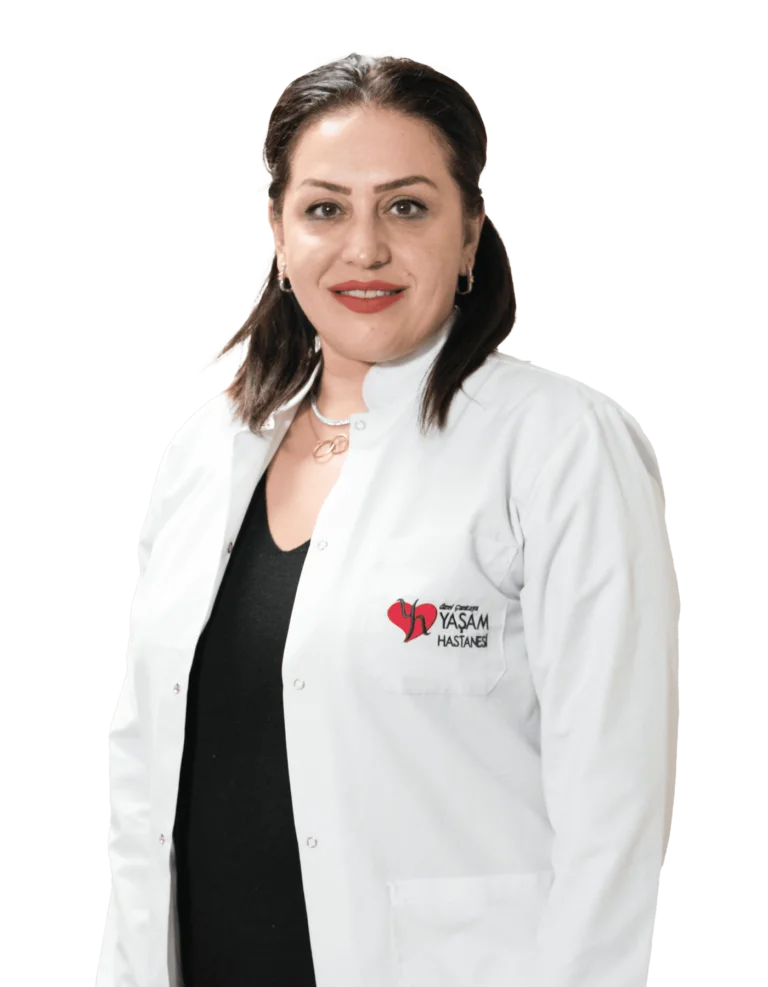Our department provides examination and treatment services for infants, children, and adolescents aged 0-16, along with preventive health services.
Children undergo regular growth and development monitoring, as well as diagnosis and treatment when they are unwell, starting from birth. The most common diseases in the childhood age group are infectious diseases. Among infectious diseases, the most common ones that cause illness in children are upper and lower respiratory tract infections, gastrointestinal infections, and urinary tract infections. Early diagnosis and proper treatment of these conditions are lifesaving. In our clinic, we diagnose and treat diseases caused by such infectious conditions. For children who frequently experience infections, investigations are conducted to determine if there is an underlying facilitating disease. Additionally, recommendations are provided for nutrition and hygiene to reduce infectious diseases.
Routine check-ups for healthy infants, children, and adolescents are crucial opportunities to support their healthy development and ensure a healthy generation. Therefore, it is recommended to conduct check-up examinations for our children starting from the first week after birth, at 15 days, monthly between 1-4 months, every 3 months between 6-12 months, every 6 months between 13-36 months, and annually after the age of 6. During these check-ups, the age-specific physical, developmental, social, and psychological conditions of infants, children, and adolescents are assessed.
Nutrition, the most critical factor determining children’s growth and development, is always addressed during pediatric examinations. In our clinic, trained nurses provide support for breastfeeding from birth, offering guidance to mothers and babies on breastfeeding for the first 6 months, and advising on transitioning to complementary feeding after the 6th month. Nutrition problems are among the leading factors negatively affecting growth and development. Children with nutrition problems have their growth closely monitored, and parents are informed about how to approach their child’s nutrition.

Prof. Dr. Süleyman KALMAN
Child health and diseases, Child Nephrology and Rheumatology Specialist

Spec. Dr. Fulya MISIR VURGUN
Child Health and Diseases Specialist

Spec. Dr. Zeynep Gül HALLAÇOĞLU
Child Health and Diseases Specialist